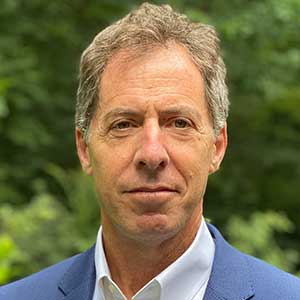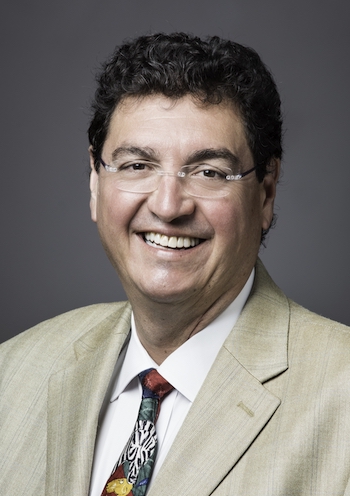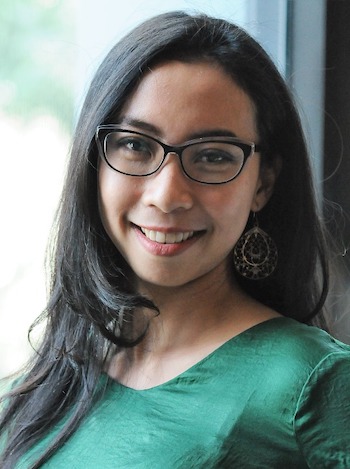
For Ed Maibach, the chance to attend the United Nations Climate Change Conference is a chance to watch history take place. And perhaps influence it at the same time.
“Because if the decision is to greatly increase our global ambitions, then human civilization has a fighting chance,” said Maibach, a University Professor at George Mason University and director of Mason’s Center for Climate Change Communication. “But if the decision is that we can’t come to an agreement, then the prognosis for human civilization becomes more dire.”
Maibach is one of three from Mason who will attend the conference to be held in Glasgow, Scotland, from Oct. 31-Nov. 12.
Also attending: Professor A. Alonso Aguirre, chair of the Department of Environmental Science and Policy, and Lia Zakiyyah, a PhD student in climate change communication.
Maibach is part of the delegation from the Global Climate and Health Alliance, for which he is a board member.

Aguirre is part of the delegation from the Global Council for Science and Environment, for which he is a board member.
Zakiyyah is part of the delegation from her native Indonesia, where from 2015 to 2019 she was special assistant to the president’s envoy on climate change.
“The importance of this meeting is for the [Intergovernmental Panel on Climate Change] to come out with a clear solution,” Aguirre said. “We are the climate change culprits. We need to do something about it.”
The United Nations estimates the world has warmed 1.2 degrees Celsius since the pre-industrial era. The 2015 Paris Agreement on climate change aims to limit warming to below 2 degrees Celsius, preferably 1.5 degrees.
The Glasgow conference is the first of what are supposed to be meetings every five years to update plans. The 2020 conference was cancelled because of COVID-19.
“I hope the global leaders who will be there will realize there is no time for going backward,” said Zakiyyah, who also attended the conference at which the Paris Agreement was adopted. “There are some countries still quite persistent in trying to keep fossil fuels in their economies. That’s not the way forward. This is a new paradigm that we need to embrace if we really want to move forward and live in a low-carbon, resilient, and just society.”
The Mason trio has varying responsibilities.

Aguirre will be part of a roundtable discussion: “Why Climate Literacy and Civic Skill Building Will Solve the Climate Crisis.” He also hopes to show a video called “Black Peaks,” which explains the impact of climate change in Nepal and was created in a Conservation Storytelling class led by Mason Environmental Science and Policy PhD student Jennifer Lewis.
Maibach will speak about human health at an event at the Indonesian Pavilion. He also will attend an event in which 30 pediatricians, who are biking from London to Glasgow, will deliver a “healthy climate prescription” that is endorsed by more than 450 organizations.
“All of my comments will be focused on the opportunity that the world’s health professionals have to hold the world’s leaders accountable to become more ambitious,” Maibach said. “There is no one in a more trusted, more privileged, position to speak science to power than the world’s health professionals.”
Zakiyyah will work in the Indonesian Pavilion to support outreach and soft diplomacy.
“You know, it’s not only hard negotiations to be put forward, but also communication to build trust outside of the negotiating table between parties,” she said.
But it is the opportunity for collaboration and outreach, especially to students, that most intrigues Aguirre, who will address the issue at his event.
“How can we train the next generation?” he said. “A way to do it is to bring these meetings to our students. You don’t know too much as a student what’s going on here. You think it’s very political and that it is beyond your understanding. What I want to do is livestream some of these things and bring them to the classroom, get them involved and passionate about it.”
